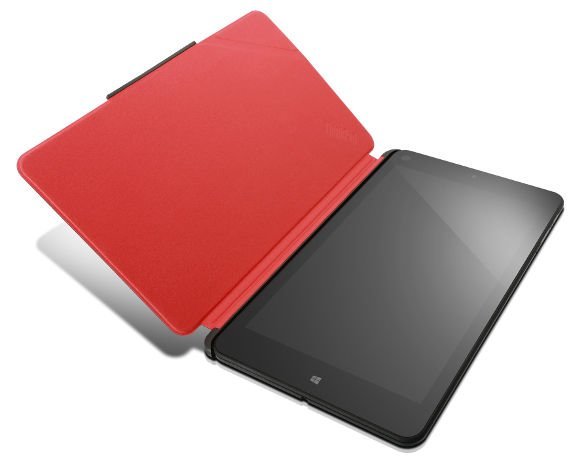The best tablet for the job
Ashley Rolfe, senior product manager at Lenovo, says: "Rather than focus on generic devices, we have segmented our range."
So the company’s Ideapad products are aimed at small and medium-sized enterprises (SMEs) and education sectors, while the Thinkpad is focused on the enterprise. The difference between the two families of products, he says, is that Thinkpads are generally quite ruggedised and designed to be used on a daily basis. For instance, he says: "The Thinkpads pass military specification tests for dust, vibration and drop, and they tend to have faster processors."
So the Lenovo Thinkpad Tablet 2 has a digitiser pen with 500 levels of sensitivity, which means it can be used to sign legal documents digitally. This tablet also includes Absolute Computrace, which provides asset tracking, can feed information to the police and supports remote wipe – all based on firmware. It is also certified against the FIPS 140-2 cryptography standard. Rolfe points out that Lenovo provides a full software driver pack online and documentation to support enterprises that want to roll out large numbers of devices. He says: "After the end of life we will keep components for seven years."
At the Consumer Electronic Show (CES) in Las Vegas last month, Lenovo released the ThinkPad 8, based on the Atom Bay Trail system on a chip. Rolfe adds: "This performance is so much better and about the same as last-generation Intel Core i3 processors."
Find out what HP is doing with enterprise tablets in the next slide >>
More articles on tablets:
- Do you need tablets in your workplace?
- The future of the tablet computer in the enterprise
- Download the Computer Weekly ezine to read Best tablet for the job









